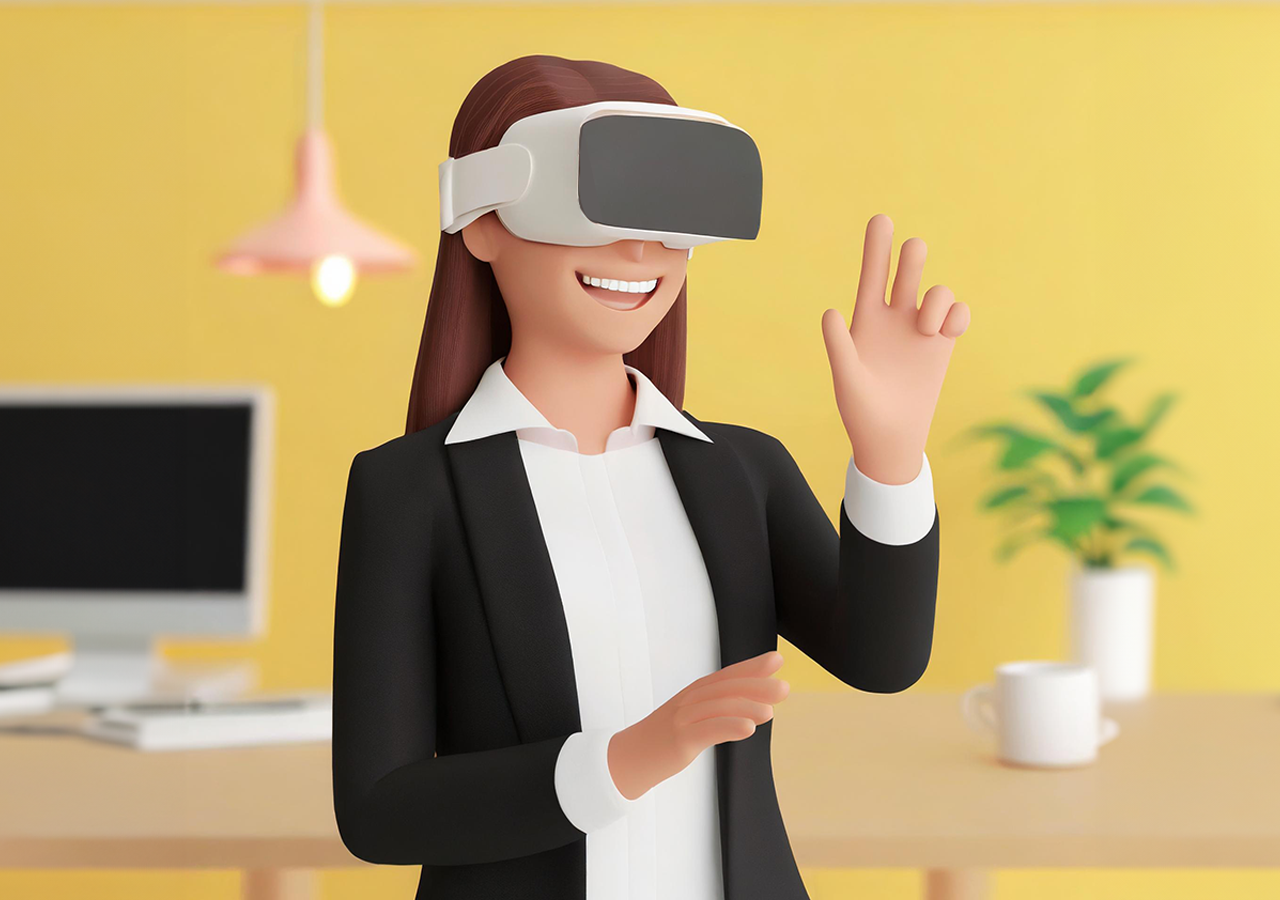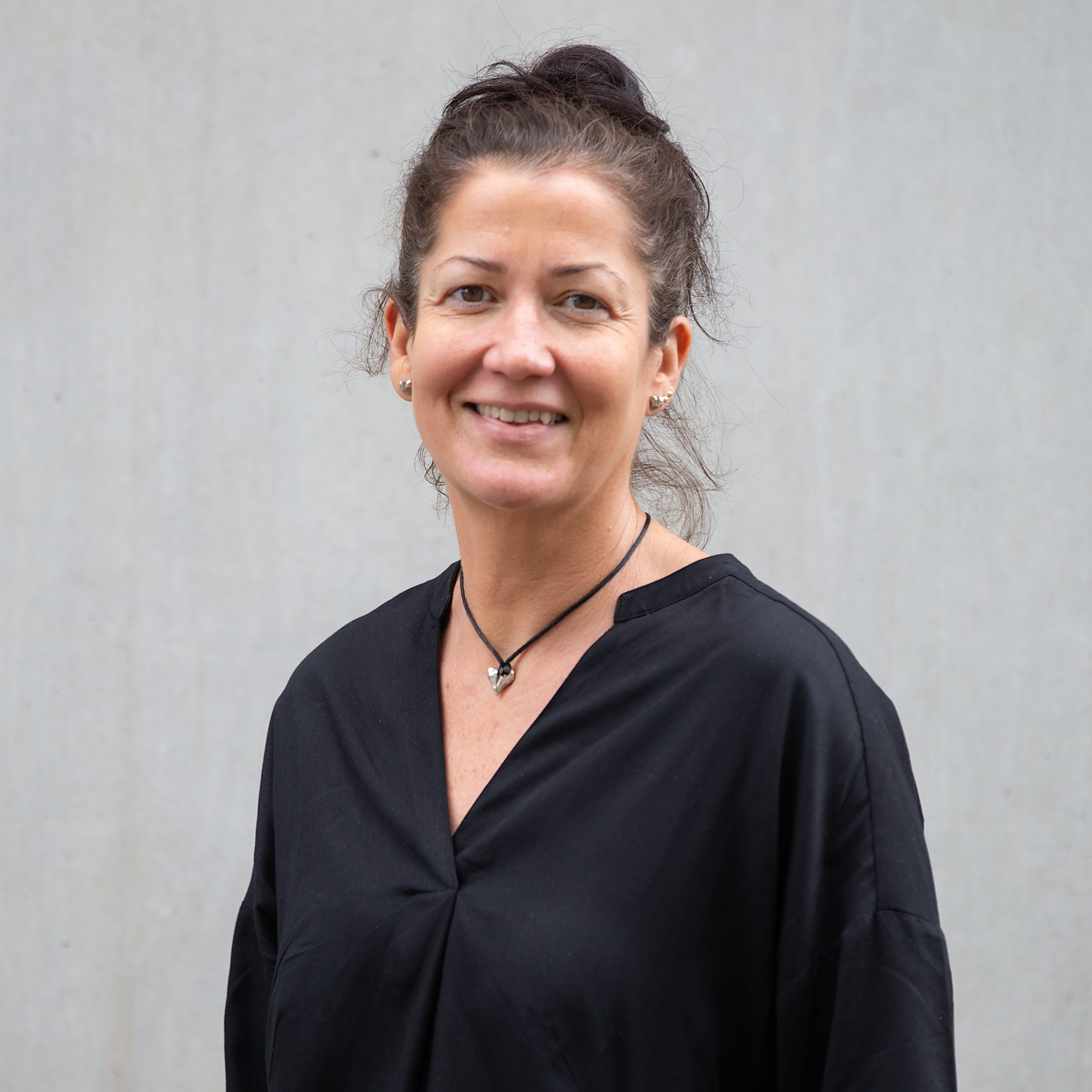How Might We Co-Design and Evaluate a Game-Based Approach for Youth Social Anxiety?
2020-2024

Summary
This research investigates the intersection of games + virtual reality as a support and exposure tool for anxiety and asks how might we co-design and evaluate a game-based approach for youth social anxiety?
Social anxiety disorder (SAD) is one of the most common anxiety disorders in youth, with a typical onset by adolescence. SAD is characterised by a persistent fear and avoidance of social situations such that it prohibits one from participating in regular social life and activities. Treatment for SAD can comprise different things such as talk therapies, exposure therapy and medications such as SSRIs. Despite SAD being widespread, access to supports for it are limited.
Virtual reality exposure therapies (VRETs) are systems which combine virtual reality and exposure stimuli. VRETS have some evidence for success in terms of providing exposure to feared social scenarios, but studies have typically focused on adult participants and populations rather than adolescent groups.
Games are played by most adolescents and can help to facilitate social bonds and motivate learning. However, few examples exist of games specifically developed for social anxiety with the inclusion of perspectives of those who experience social anxiety themselves.
A core tenet of this work is to carry out research through participatory means, involving people with direct lived experience and those who support them in the design and evaluation of design outputs. Participant groups targeted for inclusion in the study include:
-
- Technology founders and professionals working in health technology
- Clinician and support workers who support young people
- Adults with lived experience of social anxiety
- Whanau of people who have lived experience of social anxiety
- Game designers who have experience with games for applied
- Young people aged 14- 18 years with lived experience of social anxiety
Acknowledgement
This study received funding from the University of Canterbury as part of the Applied Immersive Gaming Initiative (AIGI).
Researcher
Zoë Platt-Young – please contact Zoë if you are interested in participating in this study.
Thesis Supervisors
Assoc. Prof. Heide Lukosch, HIT Lab NZ, UC
Dr. Cara Swit, School of Health Sciences, UC
Publications
Platt-Young, Z, Lukosch H, and Phelps A. (2023, March). Exploring design and user experience of game-based tools for youth social anxiety, Digital Health Showcase, Victoria University of Wellington Te Herenga Waka, Wellington, NZ. https://www.wgtn.ac.nz/health/research/digital-health/digital-mental-health-catalyst/digital-health-showcase/dhs-pdf/game-based-tools.pdf
Li RC., Belter M., Platt-Young Z. and Lukosch HK. (2022). Immersive Games for Neurodiversity and Mental Health in Children and Young Adults. Handbook of Research on Promoting Economic and Social Development Through Serious Games: 238-258.IGI Global http://dx.doi.org/10.4018/978-1-7998-9732-3.ch012.
People

Zoë Platt-Young

Heide Lukosch

